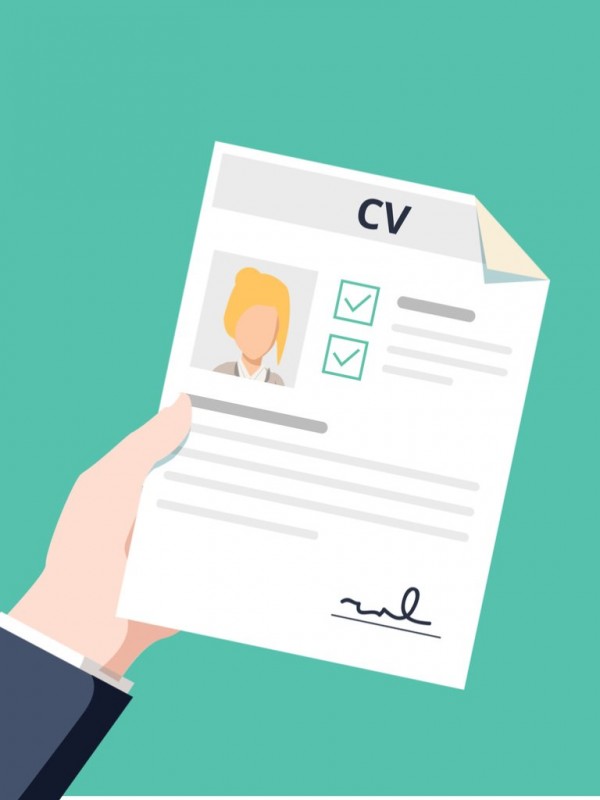The very first thing that should be in place, when you start applying for jobs is your resume. If this is your first job application experience, Writing a Resume for the First Time can get confusing – what to put in to your resume, what to leave out and which format to follow. Also, all the information out here on the internet, could get a little overwhelming, leaving you more confused than ever. A few weeks ago, we compiled an essential guide to writing the perfect resume. While going through that will give you a fairly broad and exhaustive idea about everything that you need to know about resumes and how to write them (believe us, we’ve done our research); in this post we tell you four things you should take care of especially if you are an entry-level professional.
The Layout –
We speak from experience when we say, it is tempting to create an ornate resume. We have been at both ends of the spectrum, when we’ve given in to the temptation as entry-level professionals, and now, when we screen resumes and cringe at some of the chosen layouts and styles. It is only natural to feel like you have to do everything possible to stand out, however, remember that a simple, honest and crisp resume is your best bet to get to the next stage. Maintain a standard font size, and a decent font style (Times New Roman or Arial, preferably). Strictly avoid using colors or fancy borders/designs. Unless of course, it’s a design job you are applying to! Like they say, exceptions prove the rule.
The Content –
List only the most important things your recruiter would want to know about you, this should also include things that are pertinent to the role you are applying to. Internships, term projects, summer jobs all add credence. If you’ve won a fancy dress competition when you were in grade two, or a debating competition when you were in grade six, you can be sure it wouldn’t fascinate your recruiter much. However, if you have been a consistent debating champion, you must show it on your resume (in a balanced manner, not in a boastful way).
The Language –
State the facts, don’t narrate. The point of a resume is to get you a foot in the door – that coveted interview call. Save the narration for the interview. Avoid writing in first person, apart from a short ‘about me’. Do not make it seem as though you are blowing your own trumpet. Believe us, a lot of times we may not even intend to sound arrogant through what we write, but end up sounding thus. Read it out loud to yourself or have a friend read it aloud to you – is the tone professional and confident ? Then, you are all set!
The Length –
Ideally, your resume should not exceed one page (especially if you are an entry-level professional), however, if you do have valid accomplishments to display on your resume, make sure it does not exceed two pages, at any cost. Anything beyond two pages will come across as content put together simply for the sake of it and won’t hold your recruiter’s interest for long, no matter how credible the work you’ve done is. Compress your resume to one page, or at most two pages.
Once you’ve created your resume, it is essential to run it by people whose experience you trust and value, your mentors (ideally, some of them should be professionals). Gain as much feedback as you can, and work on it until you feel happy with the results. If you get this first step right, the rest of it becomes easier here on. Don’t forget to read the post we have put together on complete details (including different formats you may use) on creating the perfect resume. We wish you success on this new step of your career journey!




